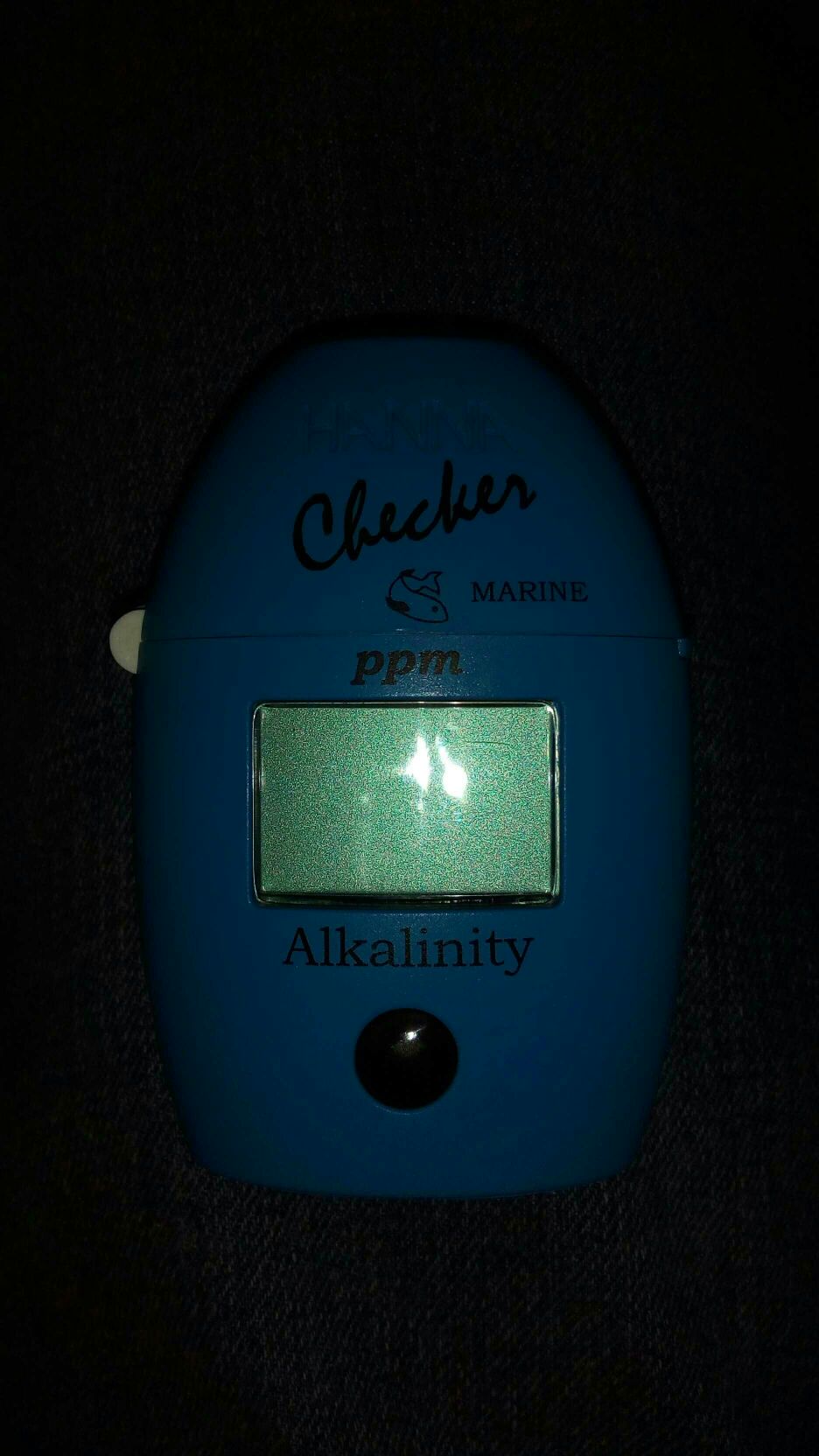- Joined
- Dec 7, 2016
- Messages
- 58
- Reaction score
- 31
My first marine tank just finished a fishless cycle. Ammonia 0, Nitrite 0, Nitrate 25. I noticed the pH was a bit lower than I wanted, around 7.7. At the same time, alkalinity measured at about 150 ppm. I did a little research and added baking soda to get my pH up to 8.1. That was within the past 24 hours. Just tested my alkalinity and it is above the Hanna tester Max of 300 ppm. I tested it twice just to be sure.
The only other thing I did in the past 24 hours was gently add an additional (rinsed) small bag of aragonite sand raising the volume of aragonite sand by 25%.
What the heck happened? Why did my alkalinity skyrocket? Any insight much appreciated. I'm usually fairly good with prep and research so this is really annoying me.
The only other thing I did in the past 24 hours was gently add an additional (rinsed) small bag of aragonite sand raising the volume of aragonite sand by 25%.
What the heck happened? Why did my alkalinity skyrocket? Any insight much appreciated. I'm usually fairly good with prep and research so this is really annoying me.



















